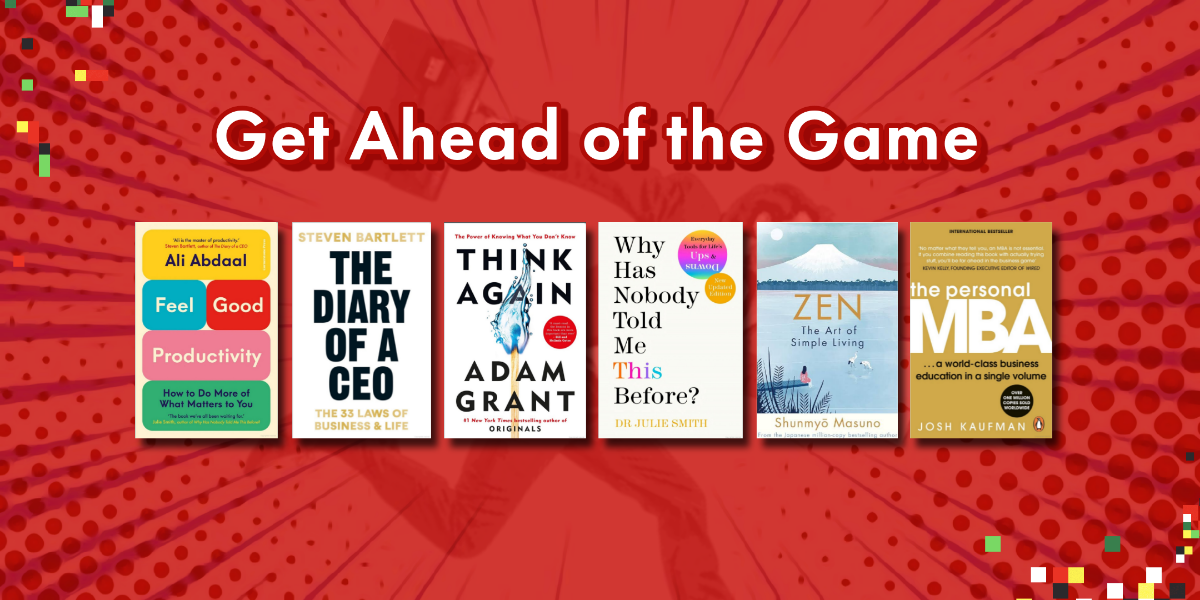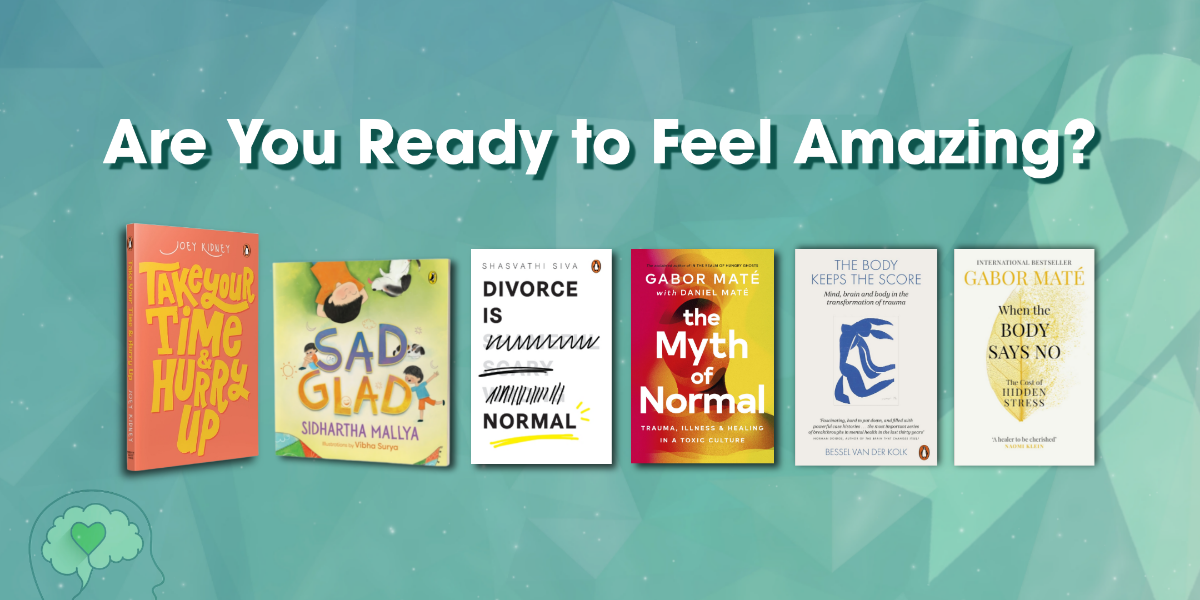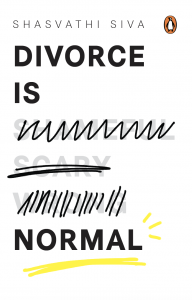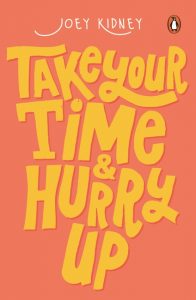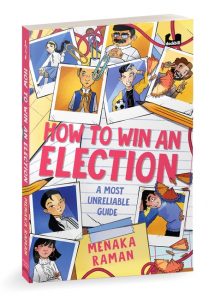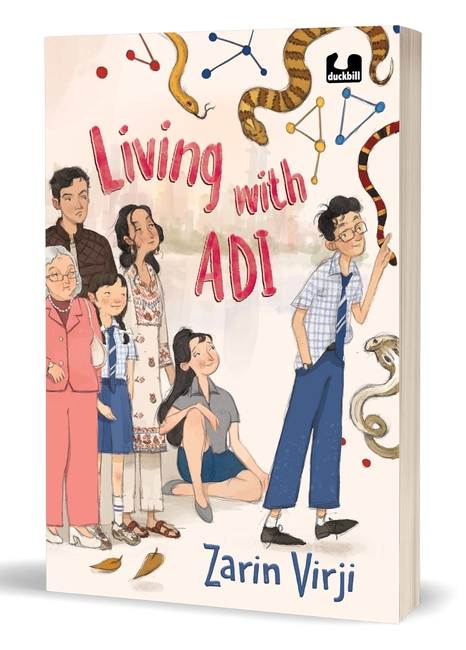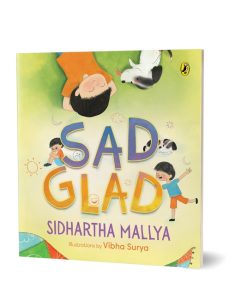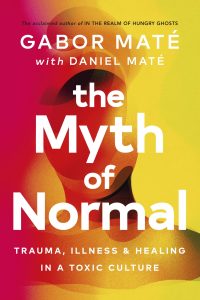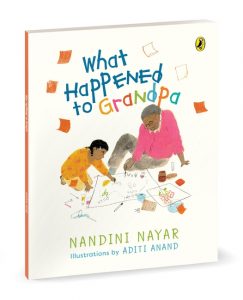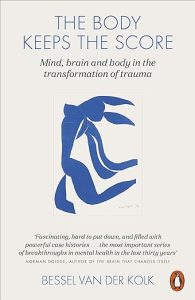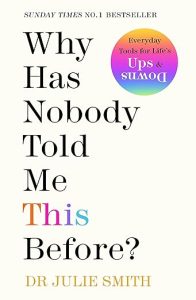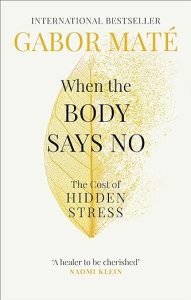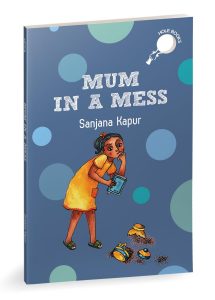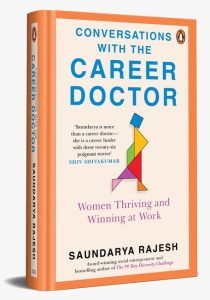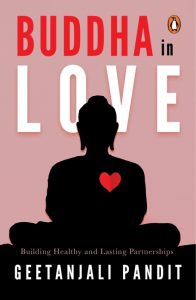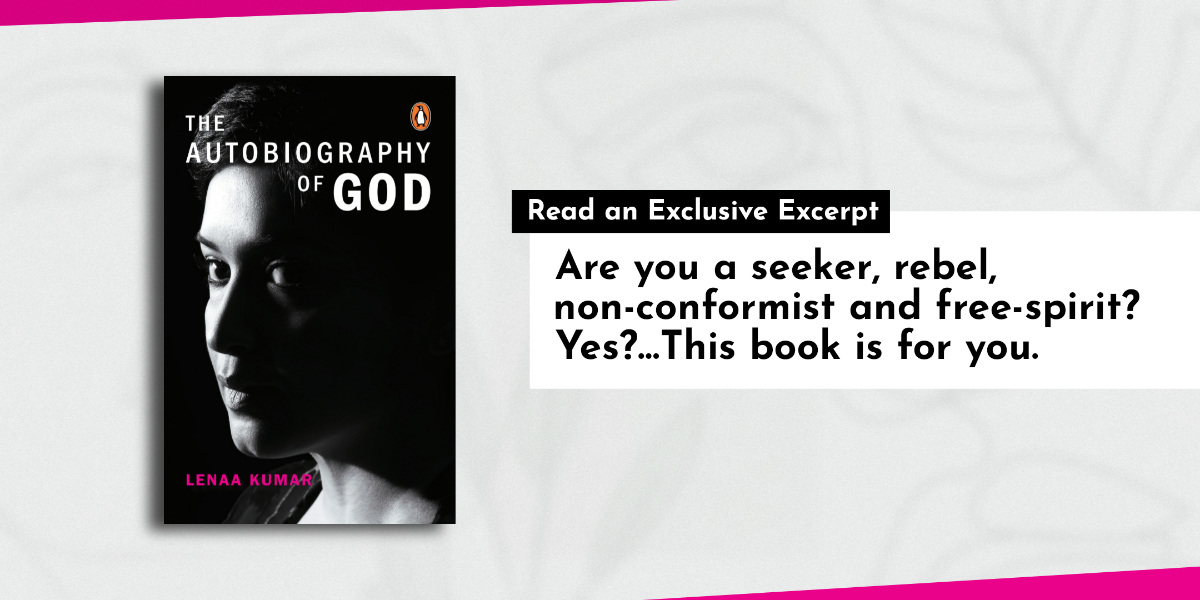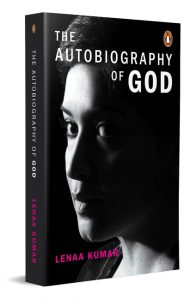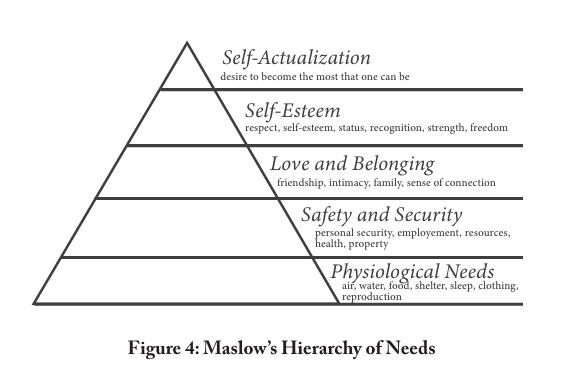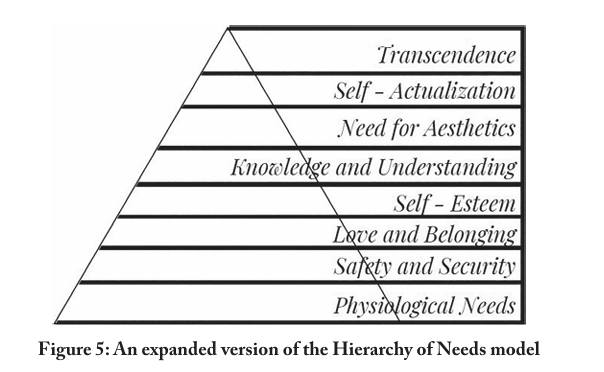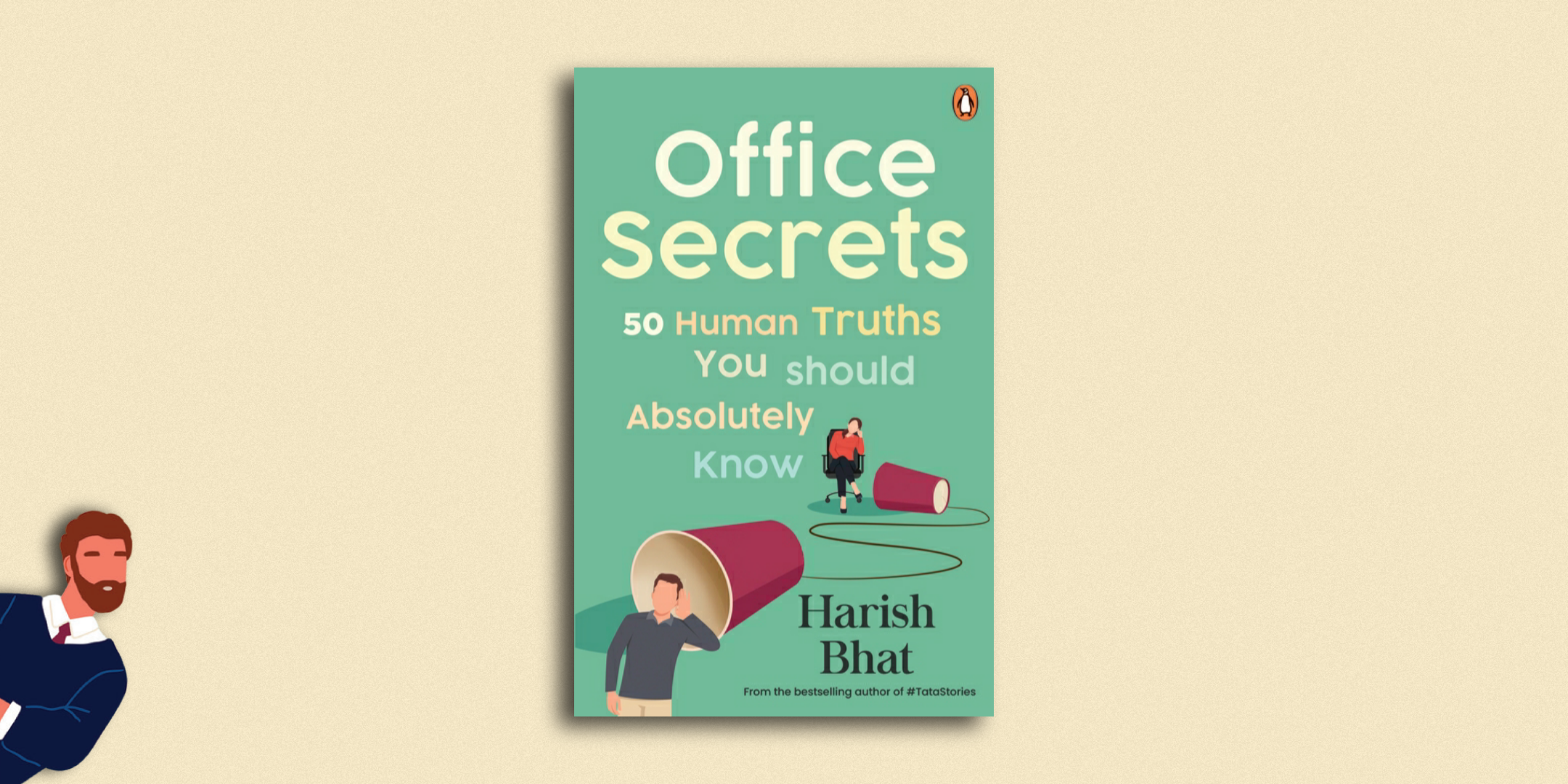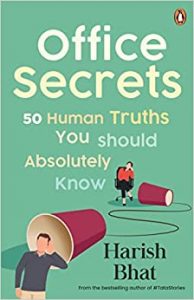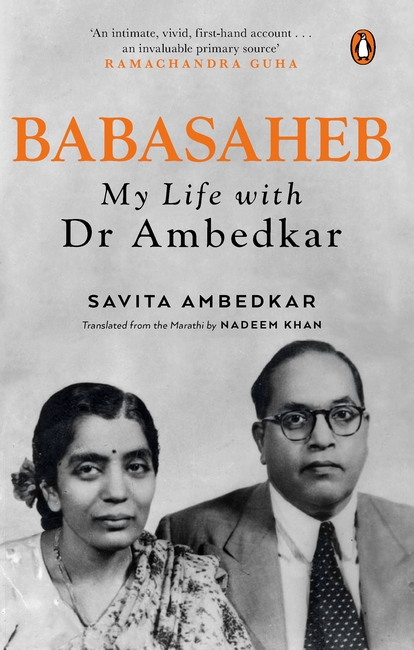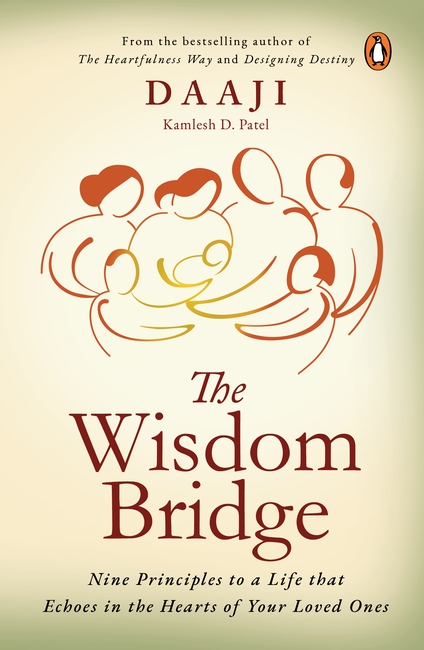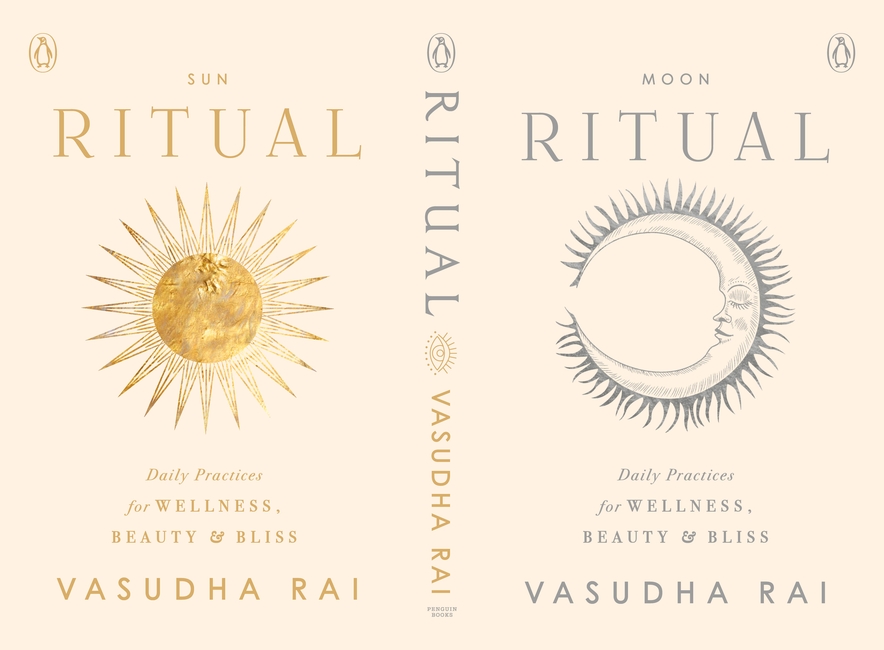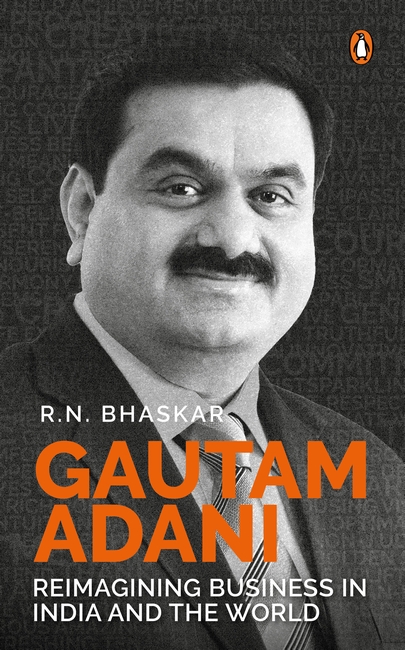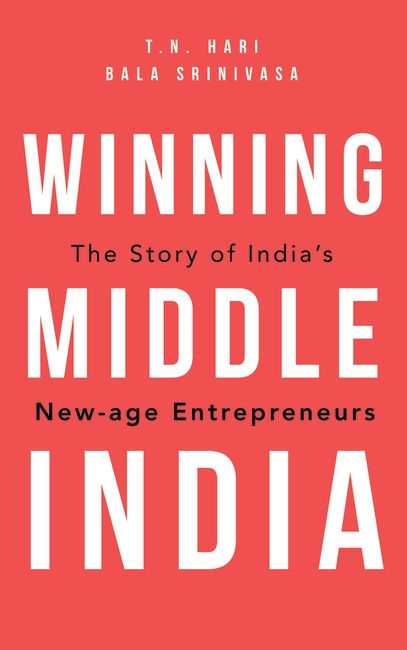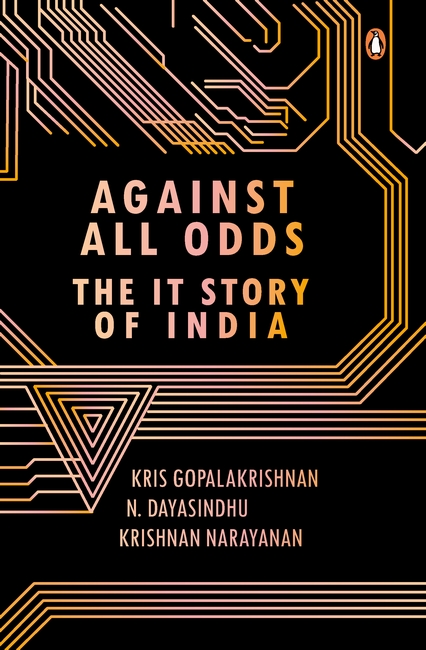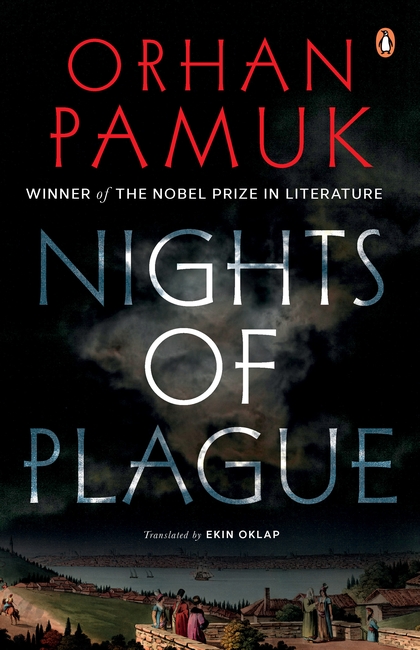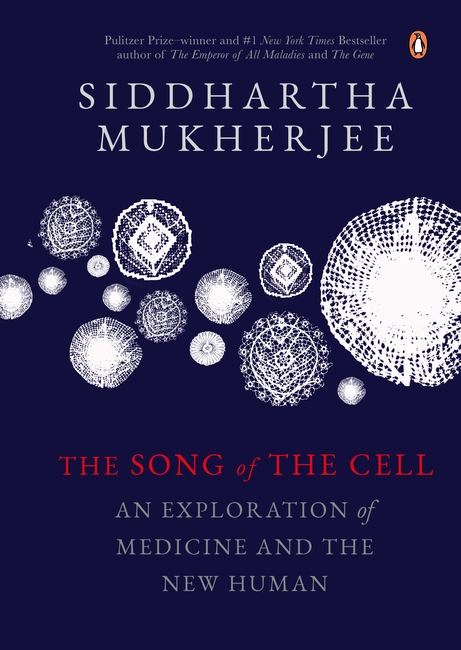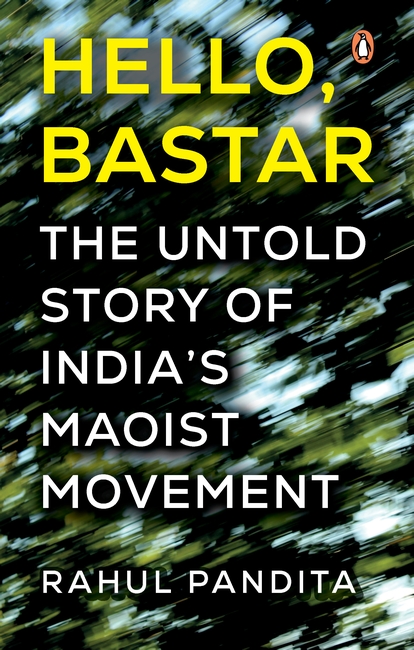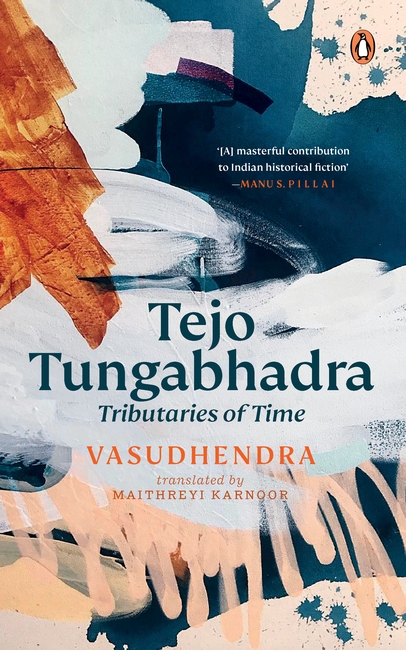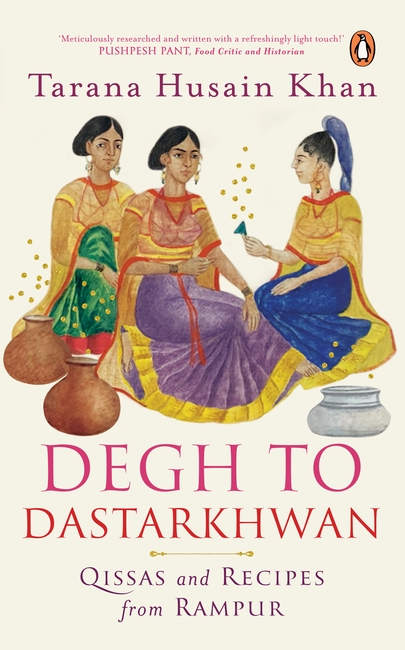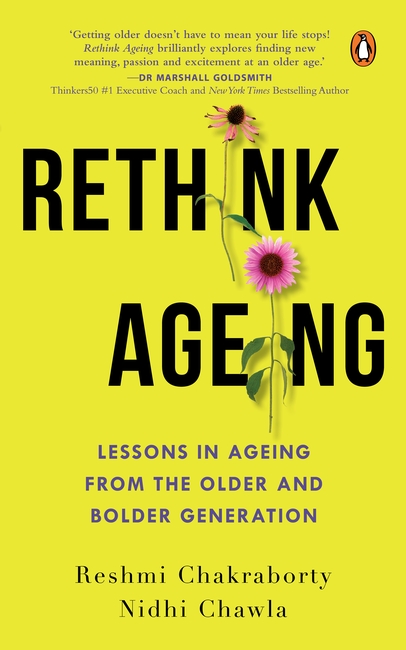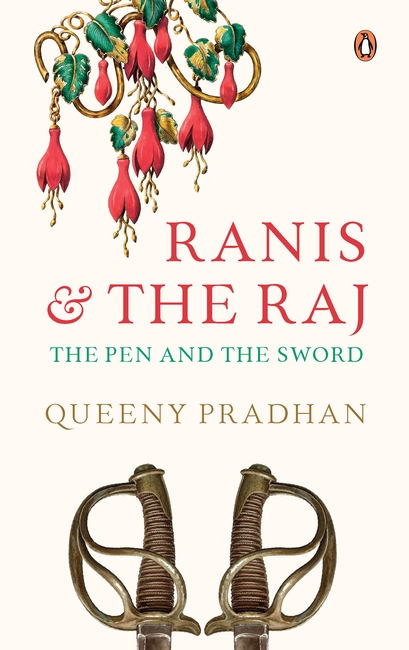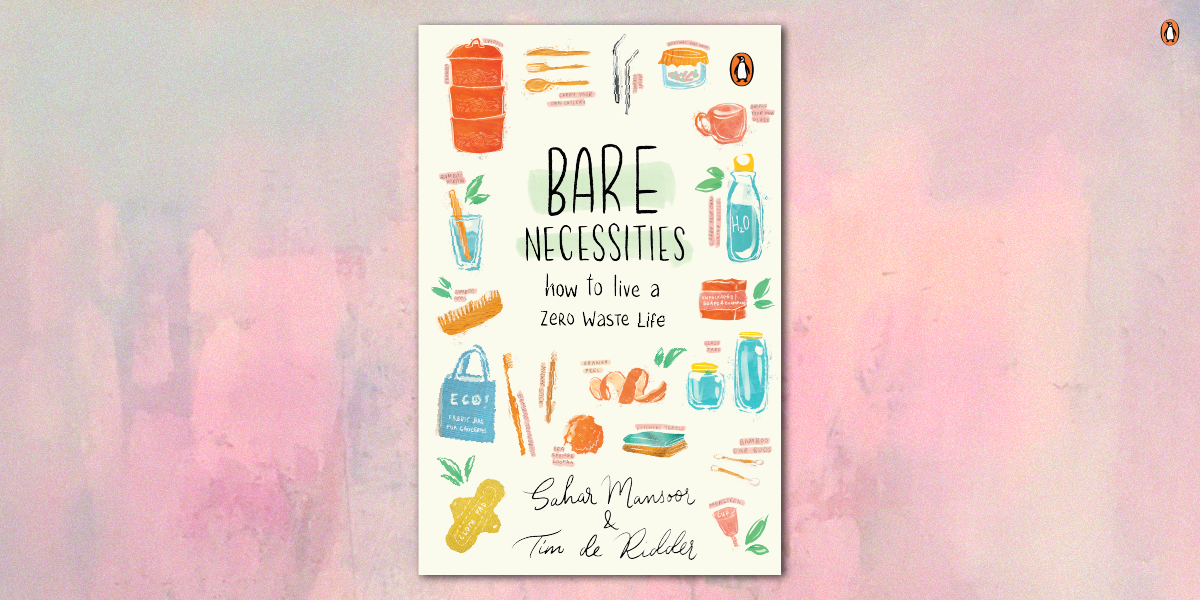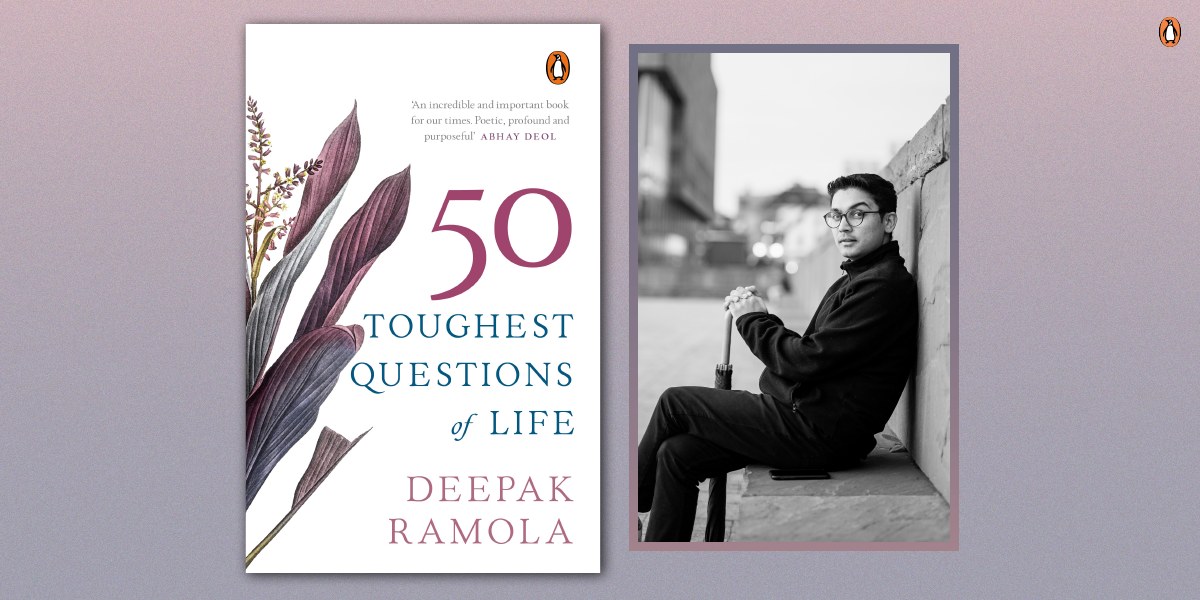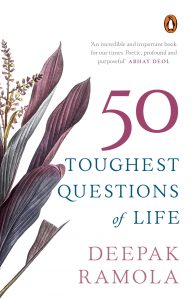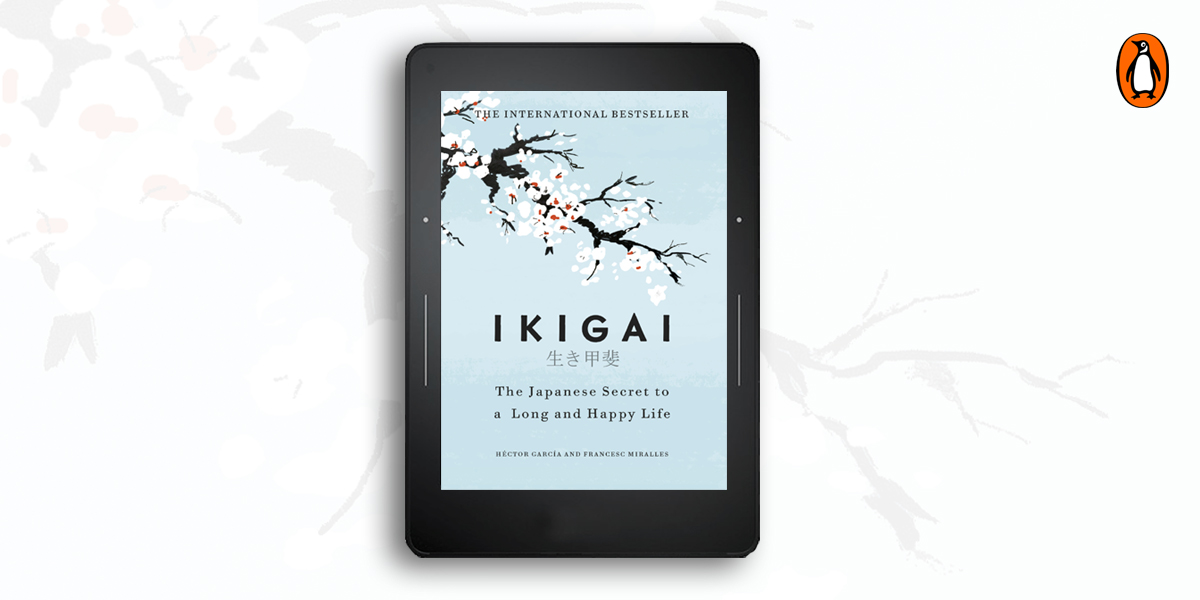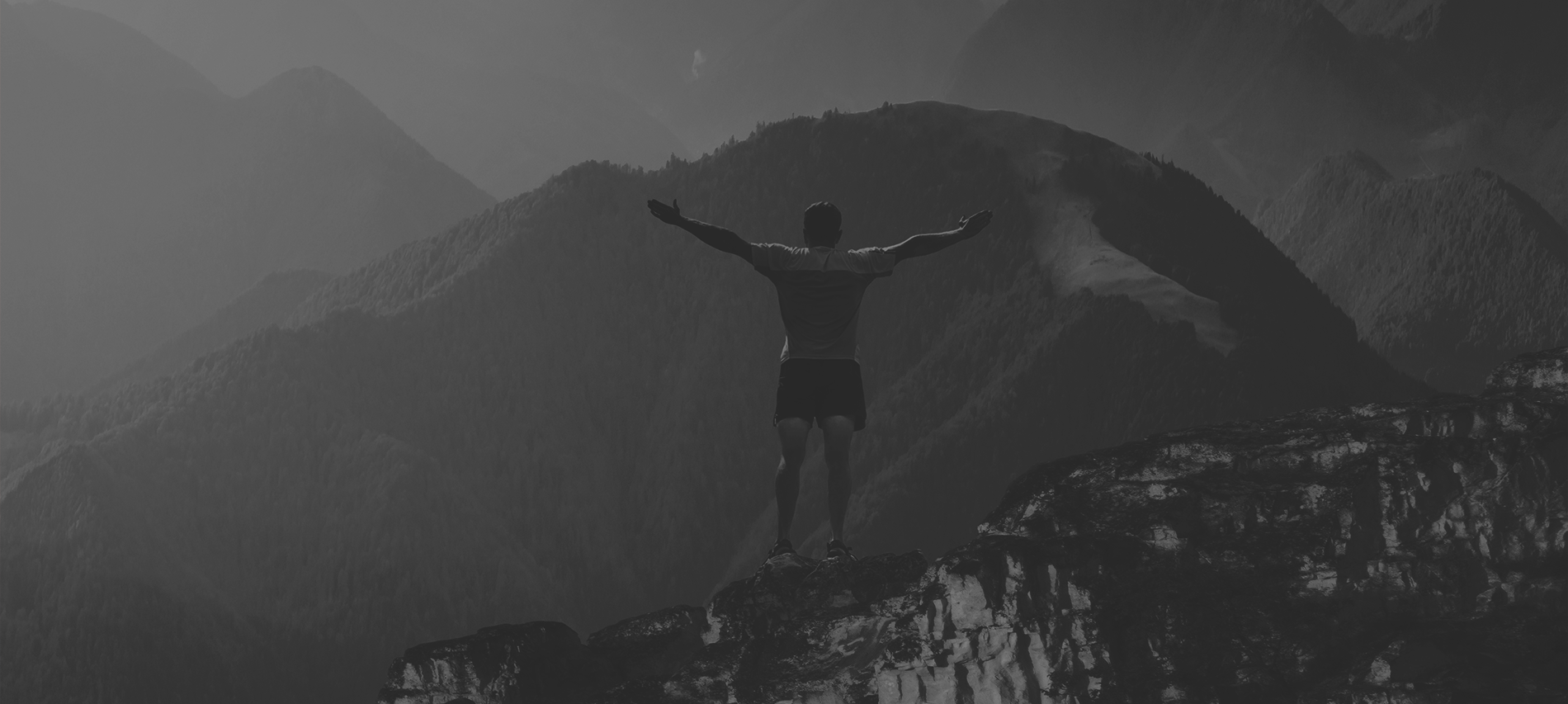Are you looking to level up your life and tackle challenges like a pro? Say hello to the Penguin Life Hack series! With 30 incredible books jam-packed with expert tips, we’re about to unveil the ultimate guide to unlocking your full potential. So whether you want to crush your goals, boost your career, or just live better every day, get ready for some seriously game-changing advice!
#1 Be authentic and believe in yourself
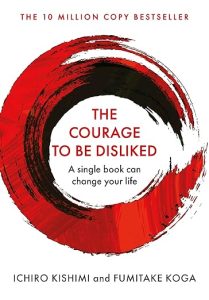
The Courage to be Disliked shows you how to unlock the power within yourself to become your best and truest self, change your future and find lasting happiness. Using the theories of Alfred Adler, one of the three giants of 19th century psychology alongside Freud and Jung, the authors explain how we are all free to determine our own future free of the shackles of past experiences, doubts and the expectations of others. It’s a philosophy that’s profoundly liberating, allowing us to develop the courage to change, and to ignore the limitations that we and those around us can place on ourselves.
#2 Have clarity of thought and visualize success
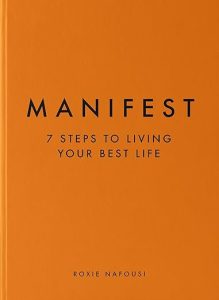
MANIFEST is the essential guide for anyone and everyone wanting to feel more empowered in their lives. Self-development coach and ‘Queen of Manifesting’ Roxie Nafousi will show you how in just seven simple steps you can understand the true art of manifestation and learn how to create the life you have always dreamed of.
#3 Get the best out of people
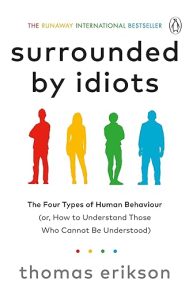
You are not alone. After a disastrous meeting with a highly successful entrepreneur, who was genuinely convinced he was ‘surrounded by idiots’, communication expert and bestselling author, Thomas Erikson dedicated himself to understanding how people function and why we often struggle to connect with certain types of people.
Originally published in Swedish in 2014 as Omgiven Av Idioter, Erikson’s Surrounded by Idiots is already an international phenomenon, selling over 1.5 million copies worldwide, of which over 750,000 copies have been sold in Sweden alone. It offers a simple, yet ground-breaking method for assessing the personalities of people we communicate with – in and out of the office – based on four personality types (Red, Blue, Green and Yellow), and provides insights into how we can adjust the way(s) we speak and share information.
#4 Master the art of simple living
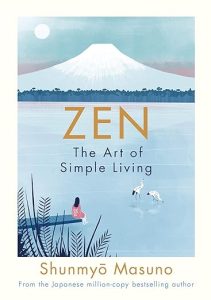
Zen is the perfect antidote to the stress and uncertainty of modern life . . .
In clear, practical and easy to follow lessons – one a day for 100 days – renowned Buddhist monk Shunmyo Masuno draws on centuries of wisdom to show you how to apply the essence of Zen to modern life.
You will learn how to exhale deeply to eliminate negative emotions, to arrange your house simply to clear your thinking, to line up your shoes at night to bring order to your mind, to plant a single flower and watch it grow, to worry less about what you cannot control, and so much more . . .
You will even make time to think about nothing at all.
#5 Learn from adversity
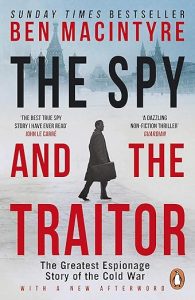
On a warm July evening in 1985, a middle-aged man stood on the pavement of a busy avenue in the heart of Moscow, holding a plastic carrier bag. In his grey suit and tie, he looked like any other Soviet citizen. The bag alone was mildly conspicuous, printed with the red logo of Safeway, the British supermarket.
The man was a spy. A senior KGB officer, for more than a decade he had supplied his British spymasters with a stream of priceless secrets from deep within the Soviet intelligence machine. No spy had done more to damage the KGB. The Safeway bag was a signal: to activate his escape plan to be smuggled out of Soviet Russia. So began one of the boldest and most extraordinary episodes in the history of spying. Ben Macintyre reveals a tale of espionage, betrayal and raw courage that changed the course of the Cold War forever…
#6 Keep upskilling
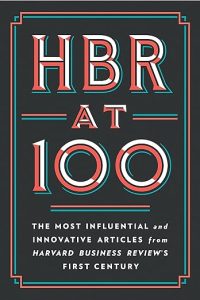
The most definitive management ideas of the century, all in one place.
Harvard Business Review is the foremost destination for smart management thinking. Now, at its 100th anniversary, this commemorative volume brings together the most influential ideas since its inception.
#7 Always have the upper hand
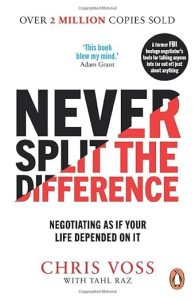
After a stint policing the rough streets of Kansas City, Missouri, Chris Voss joined the FBI, where his career as a kidnapping negotiator brought him face-to-face with bank robbers, gang leaders and terrorists. Never Split the Difference takes you inside his world of high-stakes negotiations, revealing the nine key principles that helped Voss and his colleagues succeed when it mattered the most – when people’s lives were at stake.
Rooted in the real-life experiences of an intelligence professional at the top of his game, Never Split the Difference will give you the competitive edge in any discussion.
#8 Communicate with intent and precision
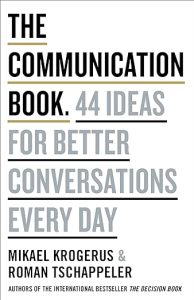
Communication is a bit like love – it’s what makes the world go round, but nobody really knows how it works.’
Struggle to find the words in meetings? Know what you mean but not how to say it? From Aristotle’s thoughts on presenting to the Harvard Negotiation Project, internationally bestselling duo Mikael Krogerus and Roman Tschäppeler have 44 tried and tested ideas to change that.
#9 Overcome mental biases
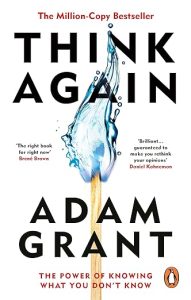
Why do we refresh our wardrobes every year, renovate our kitchens every decade, but never update our beliefs and our views? Why do we laugh at people using computers that are ten years old, but yet still cling to opinions we formed ten years ago?
There’s a new skill for the modern world that matters more than raw intelligence – the ability to change your mind. To have the edge we all need to develop the flexibility to unlearn old beliefs and adapt when the evidence and the world changes before us.
#10 Make the most of the little time we have
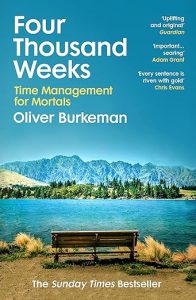
What if you tried to stop doing everything, so you could finally get round to what counts?
Rejecting the futile modern obsession with ‘getting everything done,’ Four Thousand Weeks introduces readers to tools for constructing a meaningful life by embracing rather than denying their limitations.
Drawing on the insights of both ancient and contemporary philosophers, psychologists, and spiritual teachers, Oliver Burkeman sets out to realign our relationship with time – and in doing so, to liberate us from its tyranny.
#11 Don’t forget to breathe
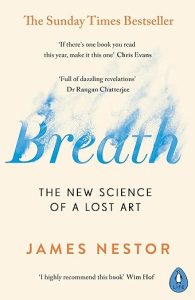
There is nothing more essential to our health and wellbeing than breathing: take air in, let it out, repeat 25,000 times a day. Yet, as a species, humans have lost the ability to breathe correctly, with grave consequences. In Breath, journalist James Nestor travels the world to discover the hidden science behind ancient breathing practices to figure out what went wrong and how to fix it.
#12 Embrace positive thinking
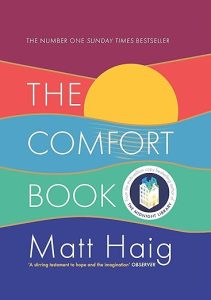
The Comfort Book is a collection of consolations learned in hard times and suggestions for making the bad days better. Drawing on maxims, memoir and the inspirational lives of others, these meditations offer new ways of seeing ourselves and the world.
This is the book to pick up when you need the wisdom of a friend, the comfort of a hug or a reminder that hope comes from unexpected places.
#13 Cultivate a never-give-up attitude
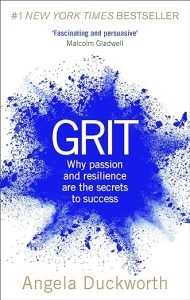
UNLOCK THE KEY TO SUCCESS WITH JP MORGAN’S BEST SUMMER READ OF 2018.
Grit is a must-read for anyone seeking to succeed, pioneering psychologist Angela Duckworth takes us on an eye-opening journey to discover the true qualities that lead to outstanding achievement.
#14 Keep yourself away from toxicity
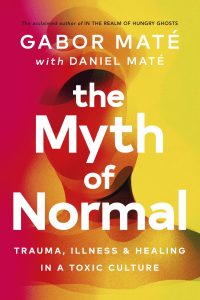
Mental illness and chronic disease are on an unstoppable rise. How did we get here?
And what lies ahead for us?
‘It all starts with waking up… to what our bodies are expressing and our minds are suppressing.’
In The Myth of Normal Gabor Maté connects the dots between our personal suffering and the relentless pressures of modern life – showing that ill health is a natural reflection of our disconnection from our true selves. Drawing on four decades of clinical experience, and stories of people transforming their bodies and minds, Dr Maté offers a hopeful pathway to reconnection and healing.
#15 Focus on your health
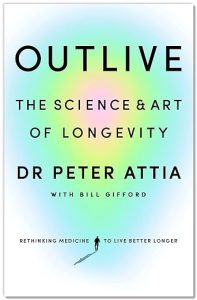
For all its successes, mainstream medicine has failed to make much progress against the diseases of ageing that kill most people: heart disease, cancer, Alzheimer’s disease, and type 2 diabetes. Too often, it intervenes with treatments too late, prolonging lifespan at the expense of quality of life. Dr Peter Attia, the world’s top longevity expert, believes we must replace this outdated framework with a personalised, proactive strategy for longevity.
This isn’t ‘biohacking,’ it’s science: a well-founded strategic approach to extending lifespan while improving our physical, cognitive and emotional health, making each decade better than the one before. With Outlive‘s practical advice and roadmap, you can plot a different path for your life, one that lets you outlive your genes to make each decade better than the one before.
#16 Look beyond the obvious
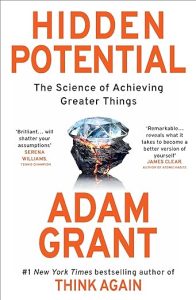
Hidden Potential offers a new framework for raising aspirations and exceeding expectations. Adam Grant weaves together groundbreaking evidence, surprising insights, and vivid storytelling that takes us from the classroom to the boardroom, the playground to the Olympics, and underground to outer space. He shows that progress depends less on how hard you work than how well you learn. Growth is not about the genius you possess – it’s about the character you develop. Grant explores how to build the character skills and motivational structures to realize our own potential, and how to design systems that create opportunities for those who have been underrated and overlooked.
#17 Revaluate your thoughts and conduct
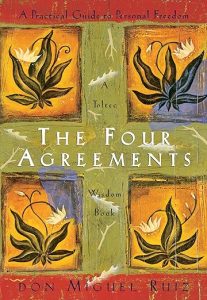
In The Four Agreements, bestselling author don Miguel Ruiz reveals the source of self-limiting beliefs that rob us of joy and create needless suffering. Based on ancient Toltec wisdom, The Four Agreements offer a powerful code of conduct that can rapidly transform our lives to a new experience of freedom, true happiness, and love.
#18 Recognise the power of gratitude
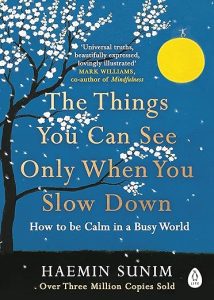
The world moves fast, but that doesn’t mean we have to. In this timely guide to mindfulness, Haemin Sunim, a Buddhist monk born in Korea and educated in the United States, offers advice on everything from handling setbacks to dealing with rest and relationships, in a beautiful book combining his teachings with calming full-colour illustrations. Haemin Sunim’s simple messages speak directly to the anxieties that have become part of modern life and remind us of the strength and joy that come from slowing down.
Hugely popular in Korea, Haemin Sunim is a Zen meditation teacher whose teachings transcend religion, borders and ages. With insight and compassion drawn from a life full of change, the bestselling monk succeeds at encouraging all of us to notice that when you slow down, the world slows down with you.
#19 Listen to your body
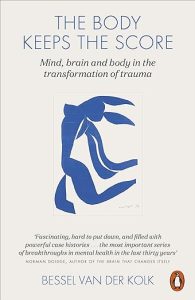
The effects of trauma can be devastating for sufferers, their families and future generations. Here one of the world’s experts on traumatic stress offers a bold new paradigm for treatment, moving away from standard talking and drug therapies and towards an alternative approach that heals mind, brain and body.
#20 Brush up the fundamentals
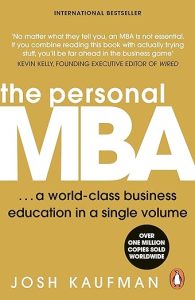
From the basics of products, sales & marketing and finance to the nuances of human psychology, teamwork and creating systems, this book distils what you need to know to take on the MBA graduates and win. It teaches simple mental models for every subject that’s key to commercial success.
#21 Discover the laws of success
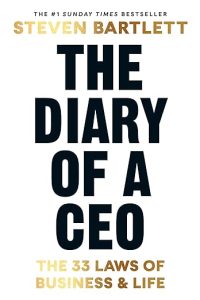
At the very heart of all the success and failure I’ve been exposed to – both my own entrepreneurial journey and through the thousands of interviews I’ve conducted on my podcast – are a set of principles that can stand the test of time, apply to any industry, and be used by anyone who is search of building something great or becoming someone great.
#22 Always plan ahead
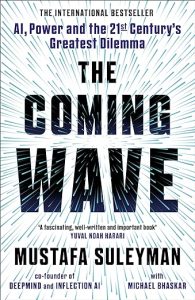
Soon you will live surrounded by AIs. They will organise your life, operate your business, and run core government services. You will live in a world of DNA printers and quantum computers, engineered pathogens and autonomous weapons, robot assistants and abundant energy.
None of us are prepared.
As co-founder of the pioneering AI company DeepMind, part of Google, Mustafa Suleyman has been at the centre of this revolution. The coming decade, he argues, will be defined by this wave of powerful, fast-proliferating new technologies.
In The Coming Wave, Suleyman shows how these forces will create immense prosperity but also threaten the nation-state, the foundation of global order. As our fragile governments sleepwalk into disaster, we face an existential dilemma: unprecedented harms on one side and the threat of overbearing surveillance on the other.
Can we forge a narrow path between catastrophe and dystopia?
#23 Stop yourself from burning out
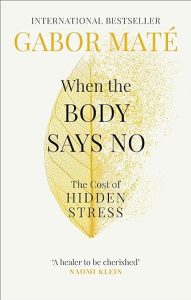
Drawing on deep scientific research and Dr Gabor Maté’s acclaimed clinical work, When the Body Says No provides the answers to critical questions about the mind-body link – and the role that stress and our emotional makeup play in an array of common diseases.
When the Body Says No:
– Explores the role of the mind-body link in conditions and diseases such as arthritis, cancer, diabetes, heart disease, irritable bowel syndrome and multiple sclerosis.
– Shares dozens of enlightening case studies and stories, including those of people such as Lou Gehrig (ALS), Betty Ford (breast cancer), Ronald Reagan (Alzheimer’s), Gilda Radner (ovarian cancer) and Lance Armstrong (testicular cancer)
– Reveals ‘The Seven A’s of Healing’: principles in healing and the prevention of illness from hidden stress.
#24 Learn to enjoy what you do
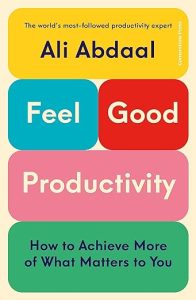
We think that productivity is all about hard work. That the road to success is lined with endless frustration and toil. But what if there’s another way?
Dr Ali Abdaal – the world’s most-followed productivity expert – has uncovered an easier, happier path to success. Drawing on decades of psychological research, he has found that the secret to productivity and success isn’t grind – it’s feeling good. If you can make your work feel good, then productivity takes care of itself.
In Feel Good Productivity, Ali reveals how the science of feel-good productivity can transform your life. He introduces the three hidden ‘energisers’ that underpin enjoyable productivity, the three ‘blockers’ we must overcome to beat procrastination, and the three ‘sustainers’ that prevent burnout and help us achieve lasting fulfilment. He recounts the inspiring stories of founders, Olympians, and Nobel-winning scientists who embody the principles of Feel-Good Productivity. And he introduces the simple, actionable changes that you can use to achieve more and live better, starting today.
Armed with Ali’s insights, you won’t just accomplish more. You’ll feel happier and more fulfilled along the way.
#25 Focus on the things that matter
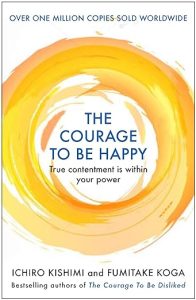
The sequel to the global bestseller The courage to be Disliked, the Japanese phenomenon in applying twentieth-century psychology to contemporary dilemmas continues with life-changing advice on finding happiness.
#26 Find creative inspiration in any situation
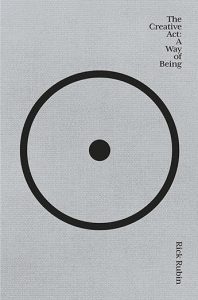
Many famed music producers are known for a particular sound that has its day and then ages out. Rick Rubin is known for something else: creating a space where artists of all different genres and traditions can home in on who they really are and what they really offer. He has made a practice of helping people transcend their self-imposed expectations in order to reconnect with a state of innocence from which the surprising becomes inevitable.
Over the years, as he has thought deeply about where creativity comes from and where it doesn’t, he has learned that being an artist isn’t about your specific output; it’s about your relationship to the world. Creativity has a place in everyone’s life, and everyone can make that place larger. In fact, there are few more important responsibilities.
#27 Learn from the experience of others
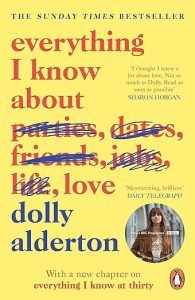
Award-winning journalist Dolly Alderton survived her twenties (just about) and in Everything I Know About Love, she gives an unflinching account of the bad dates and squalid flat-shares, the heartaches and humiliations, and most importantly, the unbreakable female friendships that helped her to hold it all together. Glittering with wit, heart and humour, this is a book to press into the hands of every woman who has ever been there or is about to find themselves taking that first step towards the rest of their lives.
#28 Nurture a deep curiosity for learning
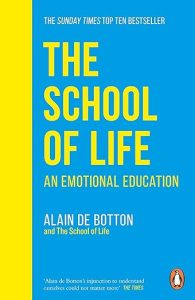
This is a book about everything you were never taught at school. It’s about how to understand your emotions, find and sustain love, succeed in your career, fail well and overcome shame and guilt. It’s also about letting go of the myth of a perfect life in order to achieve genuine emotional maturity. Written in a hugely accessible, warm and humane style, The School of Life is the ultimate guide to the emotionally fulfilled lives we all long for – and deserve.
#29 Foster Lasting Relationships
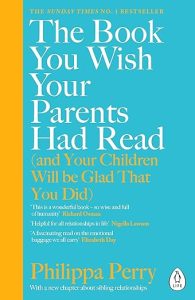
In this Sunday Times bestseller, leading psychotherapist Philippa Perry reveals the vital do’s and don’ts of relationships. This is a book for us all. Whether you are interested in understanding how your upbringing has shaped you, looking to handle your child’s feelings or wishing to support your partner, you will find indispensable information and realistic tips in these pages. Philippa Perry’s sane, sage and judgement-free advice is an essential resource on how to have the best possible relationships with the people who matter to you most.
#30 Understand different states of mind
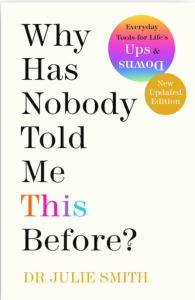
Filled with secrets from a therapist’s toolkit, Why Has Nobody Told Me This Before? offers simple advice, effective strategies and powerful coping techniques to help readers stay positive and resilient no matter what life throws their way.
Written in short, bite-sized entries, in Dr Julie’s warm and informal style, a reader can turn straight to the appropriate section depending on the challenge being faced and immediately find tools to help. From managing anxiety, dealing with criticism or battling low mood, to building self-confidence, finding motivation or learning to forgive yourself, and much more, this book tackles everyday issues that affect us all and offers easy, practical solutions that might just change your life.







